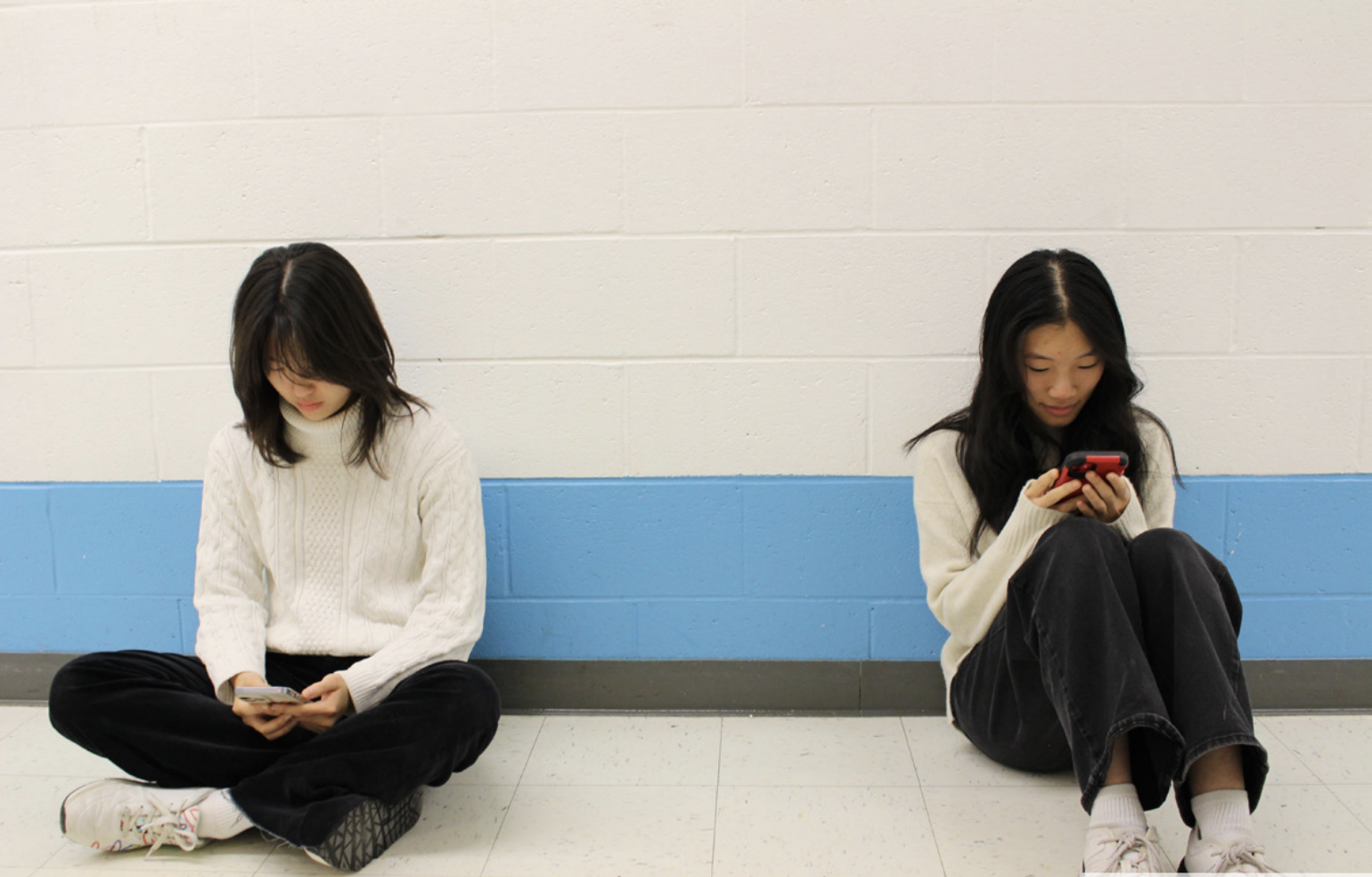Picture this: it’s 4:00 p.m., and you’ve just gotten home from school with a mountain load of assignments on your to-do list. You make yourself a snack, plug in your phone, immediately open Instagram or TikTok, and start scrolling. 30 minutes later, you tell yourself, “Just five more minutes.” When you check the time again, it’s already 5:00 p.m. The stress of the never-ending pile of work sets in, and you scramble to make up for lost time.
This scenario isn’t unusual — it’s a daily reality for many teenagers. Popular social media platforms like Snapchat, TikTok, and Instagram are designed to grab and hold your attention, using algorithms that prioritize engaging and personalized content. While these platforms offer endless opportunities for connection, entertainment, and self-expression , their pervasive and addictive nature can be detrimental to teens. The impact of a social media addiction goes far beyond wasted time. According to research by the Surgeon General of the United States, Vivek Murthy, excessive social media use can disrupt sleep patterns, increase stress levels, and contribute to feelings of anxiety and depression. While it’s easy to blame the platforms, the real problem lies in the ability to take control through self-regulation. Developing a conscious digital routine is crucial for teens to be able to protect their mental health, boost their productivity, and build long-lasting healthy habits.
"The real problem lies in the ability to take control through self regulation."
One reason why self-regulation of social media use isn’t prevalent among teens is forced parental regulation via daily screen time limits. Although it effectively reduces the reported amount of time spent on their phones, many students feel frustrated when it restricts communication with friends and see it as an indication of overall lack of trust from their parents. Choosing to take regulation of screen time into your own hands, rather than relying on rules imposed by others, fosters responsibility, self-discipline, and independence — skills that are necessary for a successful life down the road. As teenagers grow older and move beyond their parents’ jurisdiction, the habits they develop now will shape their future. Later on, unhealthy screen use as a teen can snowball into challenges with time management, focus, and well-being. Learning to selfregulate early on equips teens with the ability to make intentional, healthy choices and build habits that align with their goals. And even better, successfully managing screen time independently brings that satisfying sense of accomplishment and control, far more rewarding than simply following rules set by someone else. It’s an empowering step toward becoming an independent, responsible adult.
Of course, getting in the habit of selfregulating screen time is much easier said than done. Setting app limits with the built-in screen time might work for the first few weeks, but motivation gradually wanes, making it far too easy for teenagers to simply tap “Ignore Limit For Today” and fall right back into their old routine. In order to combat these common relapses, students should consider downloading stricter screen time apps that make it much harder to turn off an app’s limit for the day. In the time it takes to maneuver through the settings, teenagers can weigh whether or not five more minutes of Instagram reels is actually worth it. Additionally, some apps feature a reward system that can help motivate students to stay on track with their screen time goals.
With the endless amounts of entertainment available at our fingertips and our generation’s cultural emphasis on online connectivity, it’s not an easy task to resist the temptation to spend hours glued to our phones. There is no silver bullet that will destroy our addiction to social media — rather, we need to develop a healthy relationship with our devices that starts by taking personal ownership of our screen usage. Only by assuming the responsibilities that come with the privilege of using social media can we truly gain the freedom and independence we all value.
